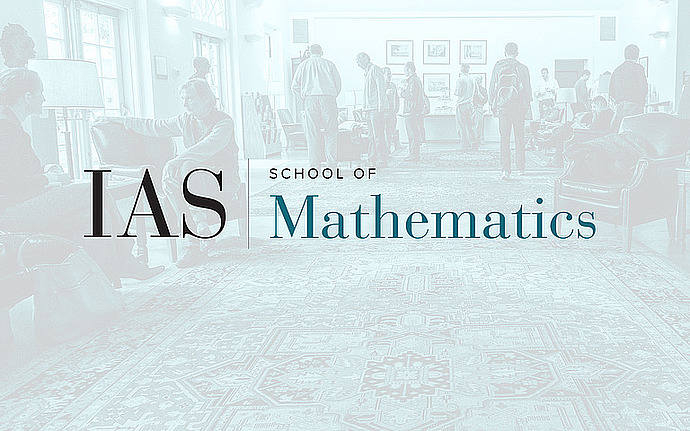
Computer Science/Discrete Mathematics Seminar I
Search games and Optimal Kakeya Sets
A planar set that contains a unit segment in every direction is called a Kakeya set. These sets have been studied intensively in geometric measure theory and harmonic analysis since the work of Besicovich (1919); we find a new connection to game theory and probability. A hunter and a rabbit move on an n-vertex cycle without seeing each other until they meet. At each step, the hunter moves to a neighboring vertex or stays in place, while the rabbit is free to jump to any node. Thus they are engaged in a zero sum game, where the payoff is the capture time. We show that every rabbit strategy yields a Kakeya set; the optimal rabbit strategy is based on a discretized Cauchy random walk, and it yields a Kakeya set K consisting of 4n triangles, that has minimal area among such Kakeya sets. I will conclude with an open problem involving the search game when both the hunter and the rabbit are restricted to move along the edges of an arbitrary n-vertex graph. (Talk based on joint work with Y. Babichenko, R. Peretz, P. Sousi and P. Winkler).